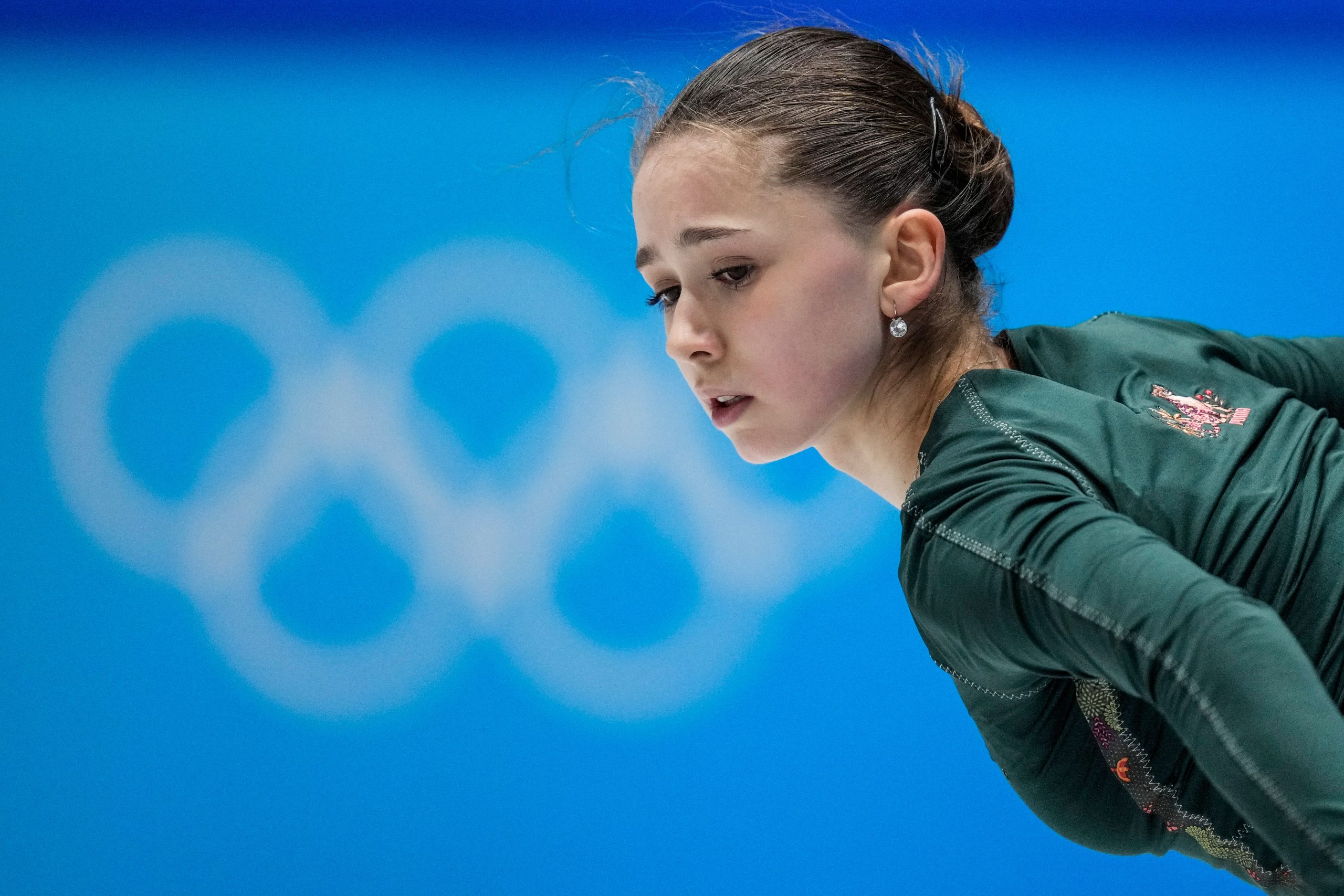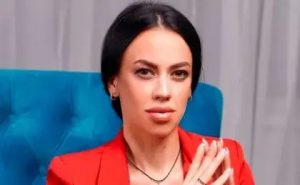International
Olympic Committee (IOC) executive board member Denis Oswald said the call for
banning figure skater Kamila Valieva and the whole Russian Olympic Committee
(ROC) contingent is somewhat a ‘state-sponsored’ programme. Oswald backed IOC’s
handling of the situation since the news came in public that Valieva tested positive
for a banned substance in December.
Also Read: Beijing Winter Olympics 2022: Kamila Valeiva to compete amid outrage over doping ruling
Valieva,
15, is now at the centre of the media firestorm. A ruling from the Court of
Arbitration for Sport (CAS) on Monday made it clear that the teenager should
continue to be eligible to compete at the Winter Games.
Oswald on
Tuesday, at a press conference, asked about past accusations that Russia was
involved in a strategic doping campaign at the 2014 Sochi Olympics. Oswald
previously chaired a disciplinary commission investigating past doping claims.
Also Read: Sha’Carri Richardson compares her case with Russia’s Kamila Valieva, alleges racism
“It is
not established that there is a relation between this [Valieva] case and the
doping state of 2014,” Oswald told reporters. It seems to have no connection
between the two. No such connection has been established so far. Do you have a
country in the world where there is no single case of doping? I don’t think you
have, no country is perfect. It is not the result of what we have done since
2014,” he stated.
Oswald
added that any disciplinary measures taken by the IOC must only target athletes
proved to have been purposely involved in cheating, and that clean athletes,
regardless of who they represent, must have their right to compete preserved
and protected.
“We
cannot punish clean athletes that is what we tried to do,” Oswald added,
referring back to sanctions imposed by the IOC and WADA against Russian
athletes.
Also Read: Mexican skater Donovan Carrillo is a rare Latin American at Winter Olympics
“In 2017
we did the maximum we could do according to the law. The sanction, whichever
sanction you take, it must be proportionate to the offence. “We took the
maximum punishment we could do in law. We suspended the athletes involved for
the next two Games and this was overturned by the court, saying this is not
proportionate to the offence.
Also Read: Who is Lindsey Jacobellis, America’s first gold medallist at Winter Olympics?
“They
limited the sanction, it was limited from one Olympic Games rather than two. We
live in a state of law and we have respected the law.”
Valieva’s
case has seen increasingly hysterical calls for further sanctions on Russian
athletes from some media figures, even though the facts of the case are still
being established.







